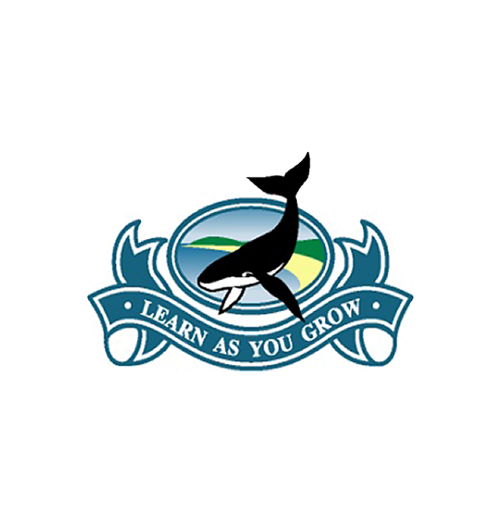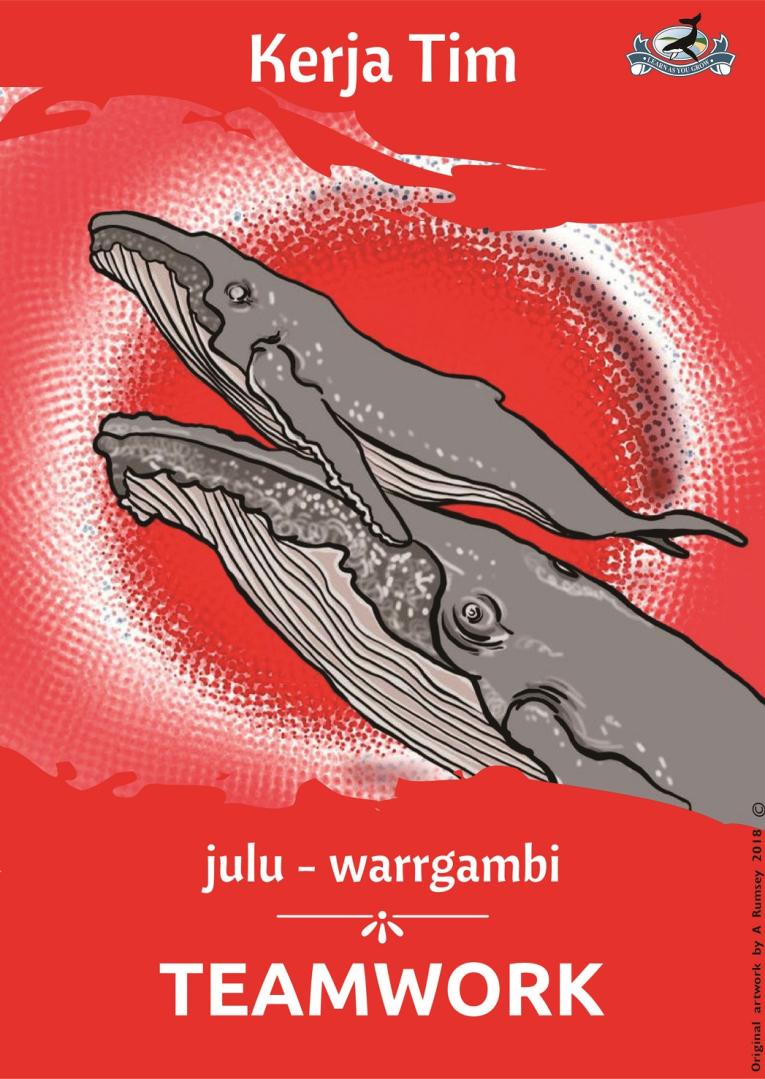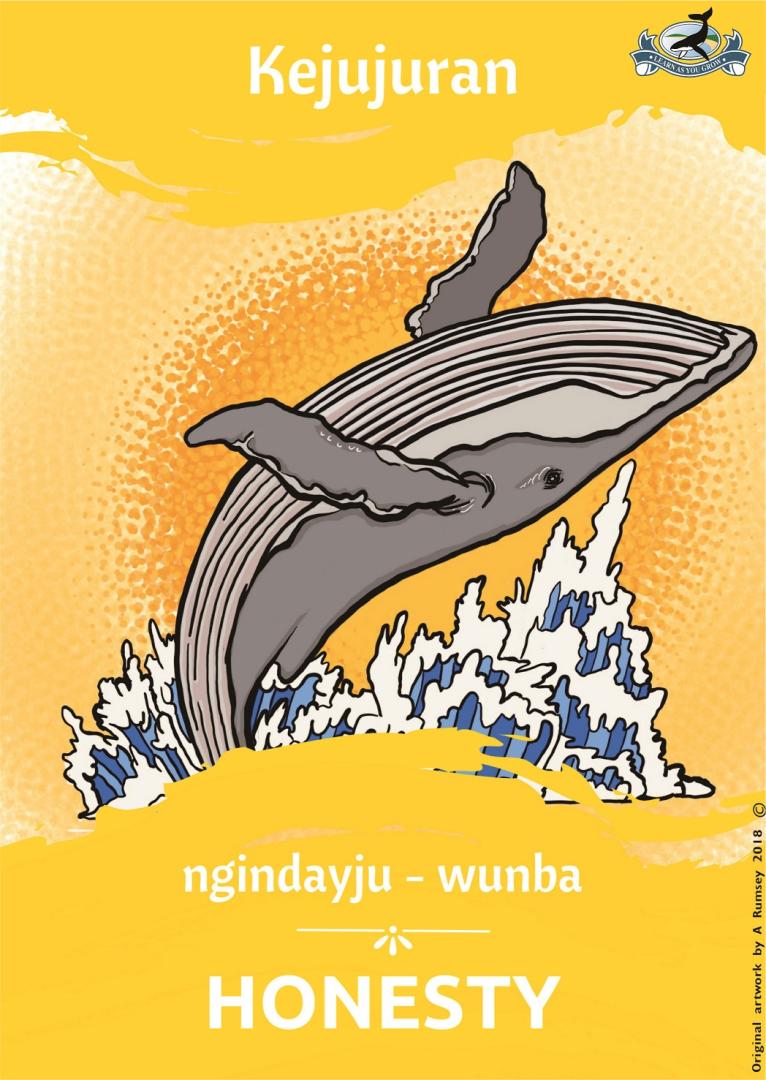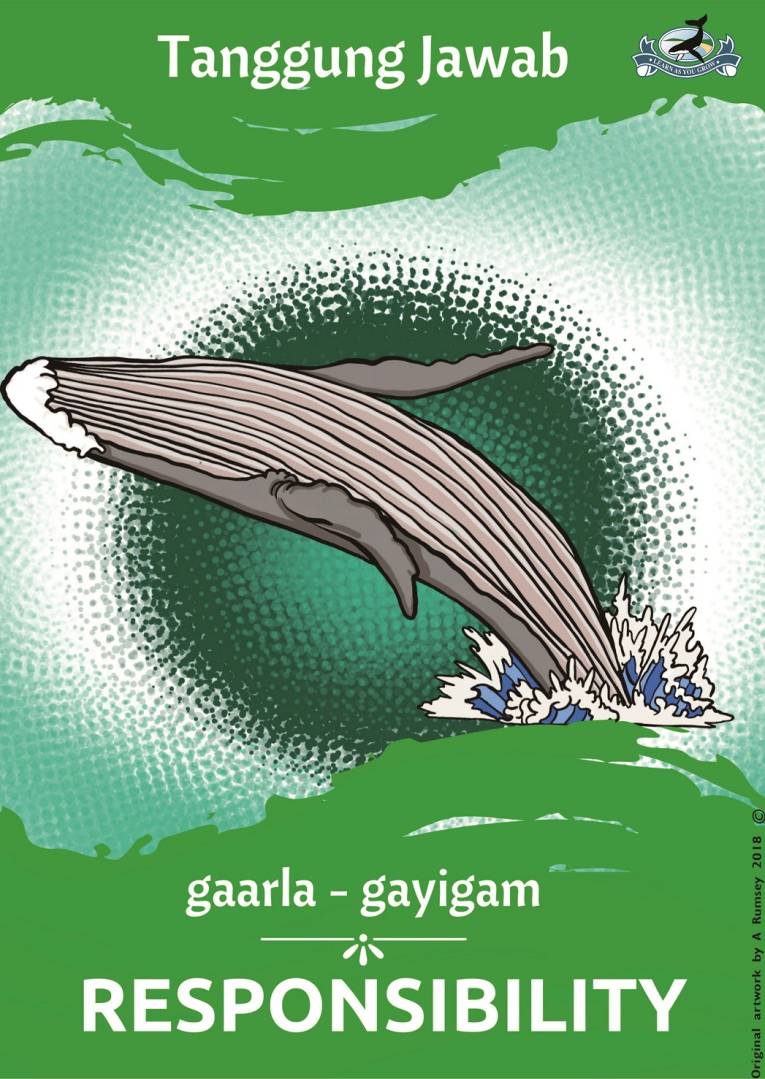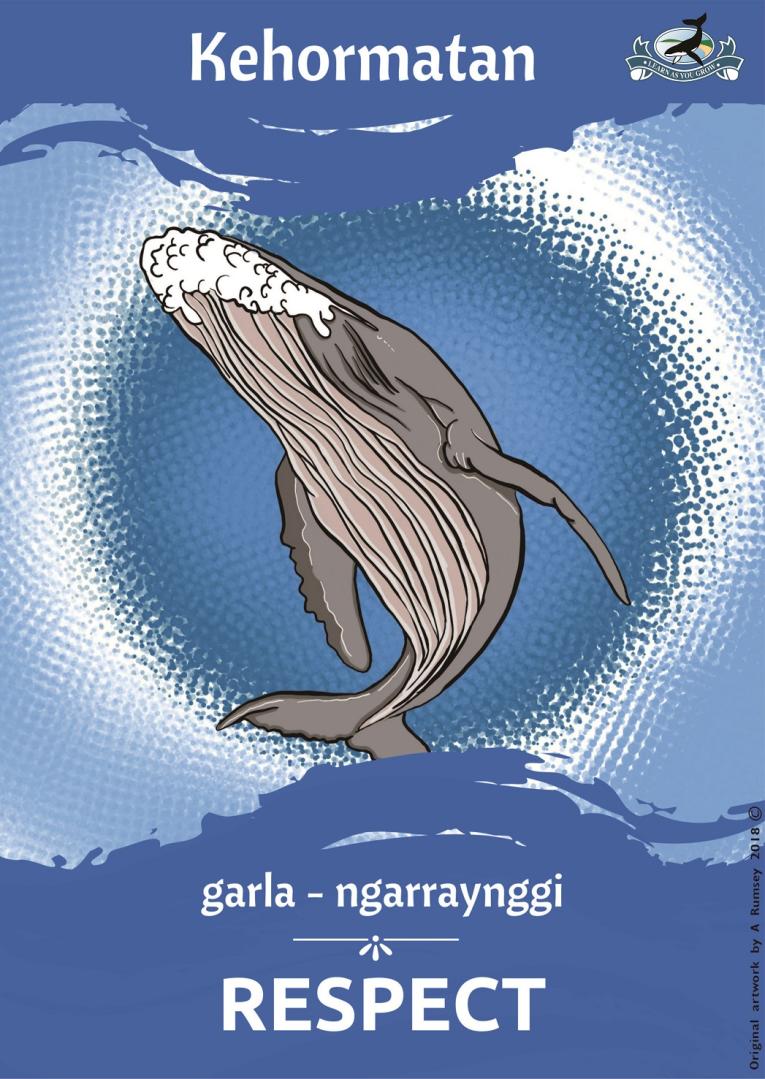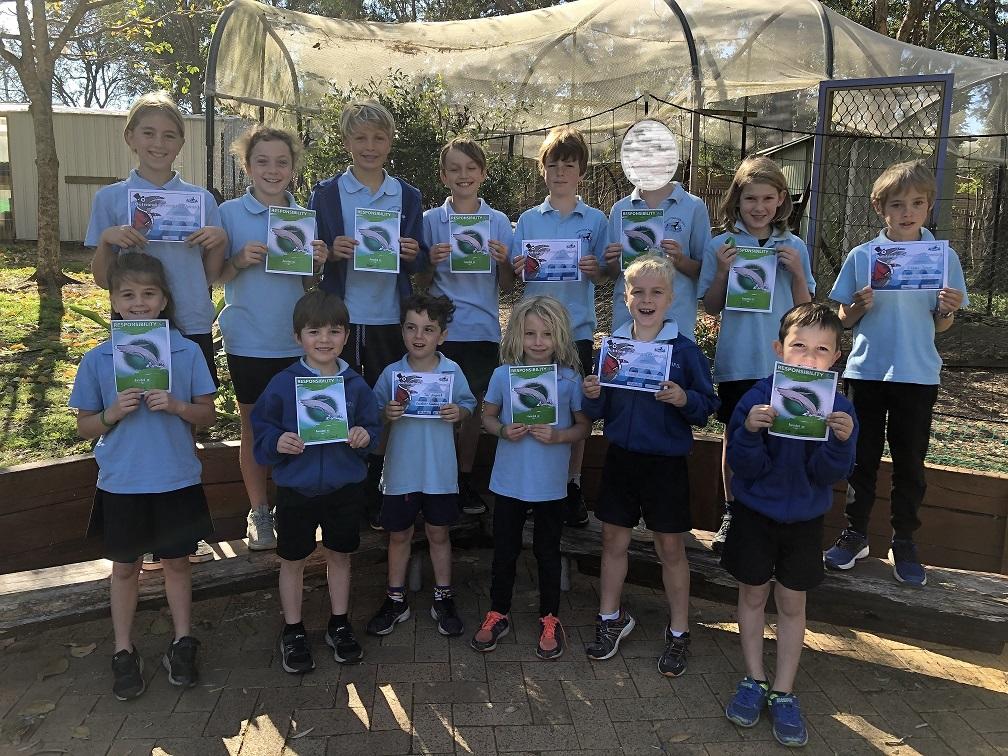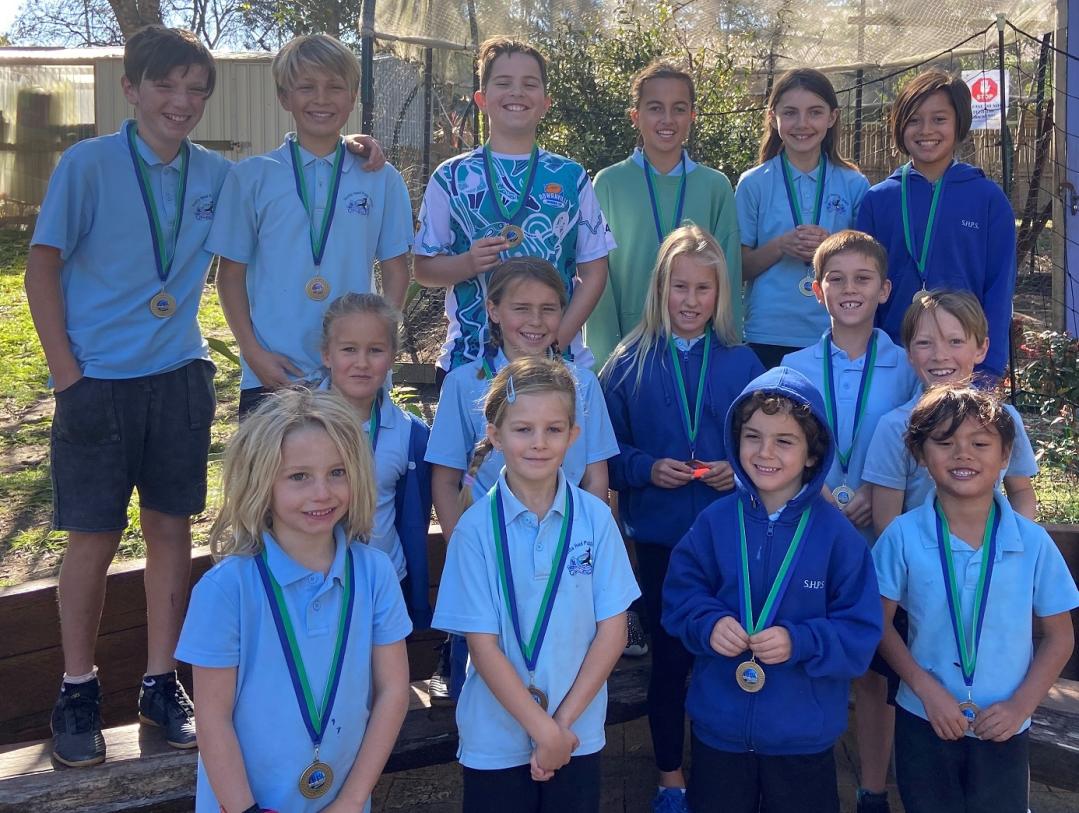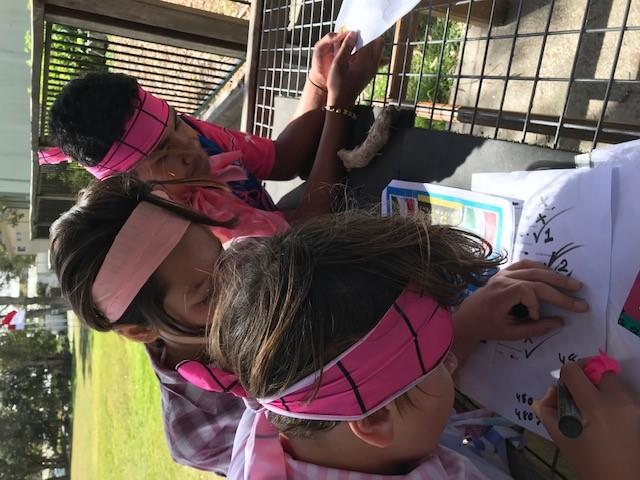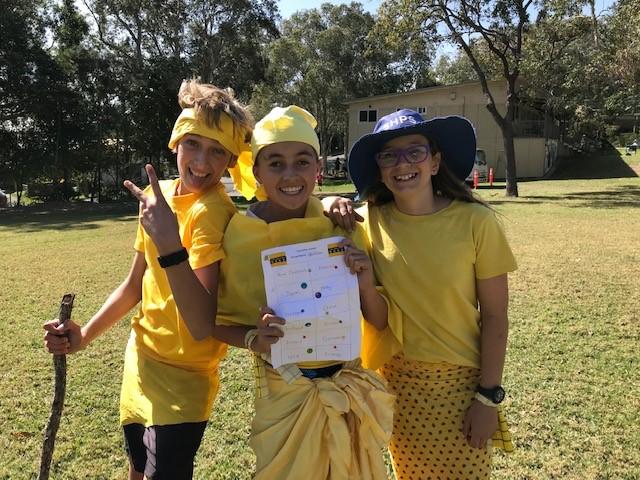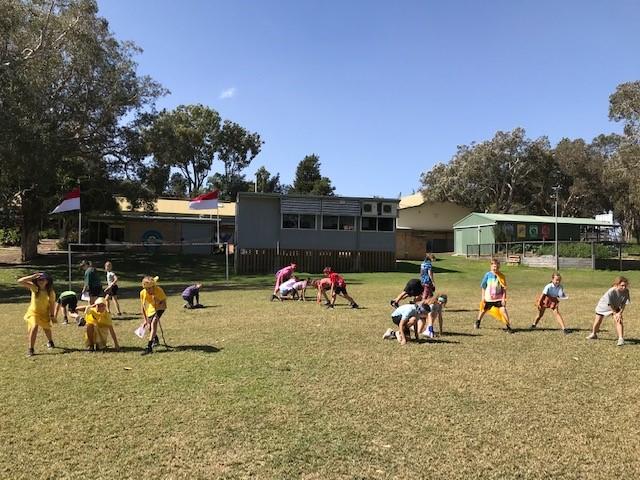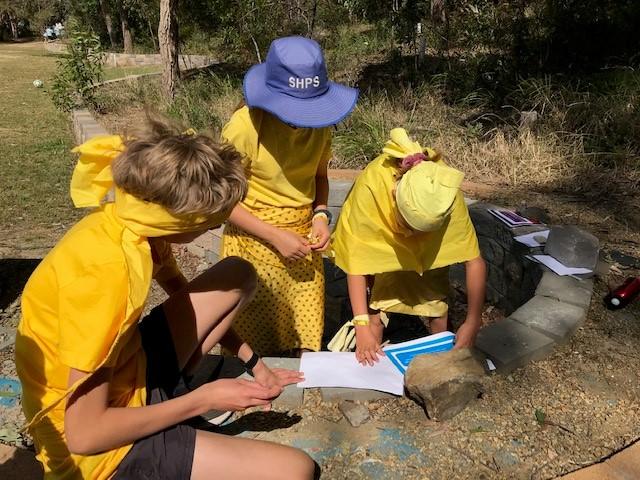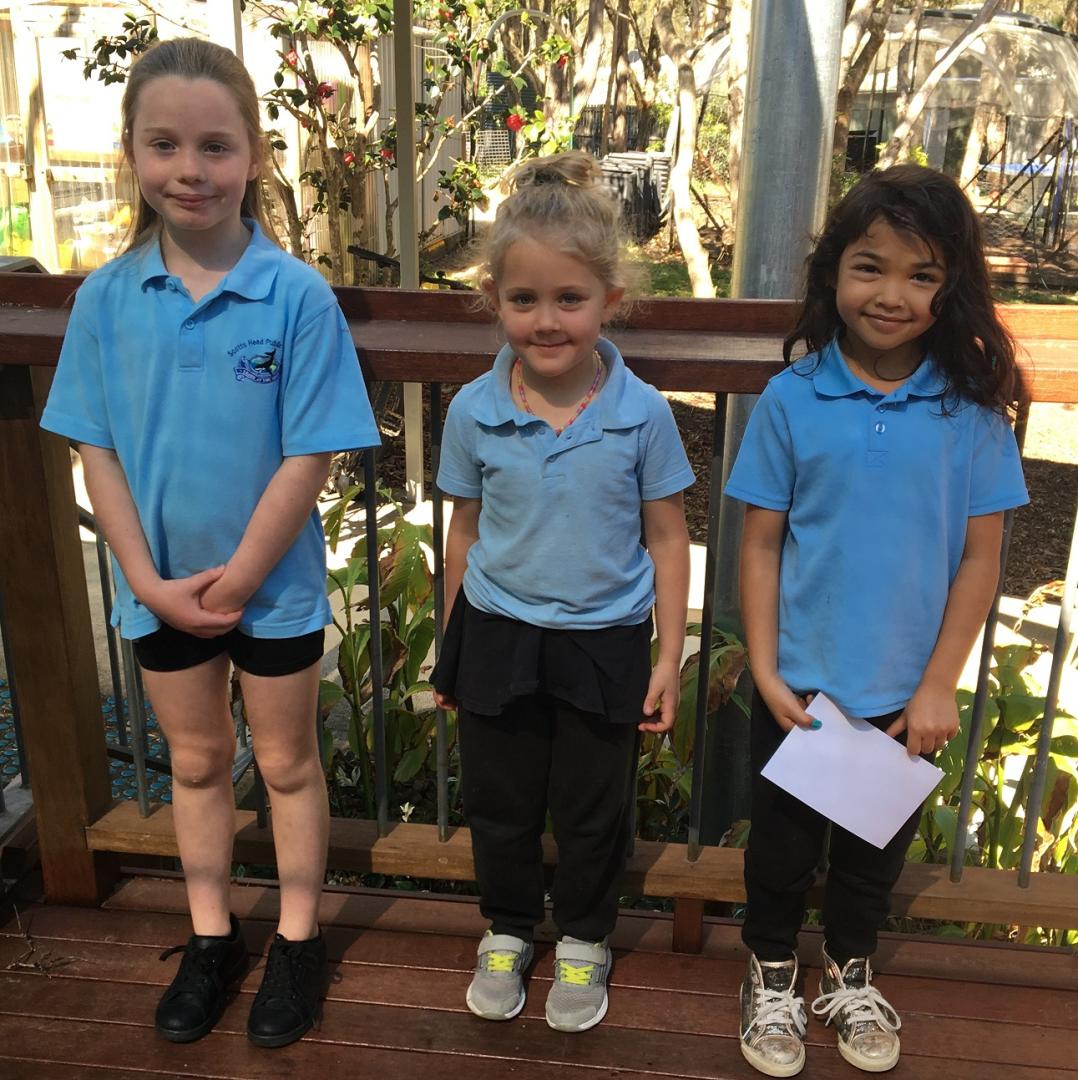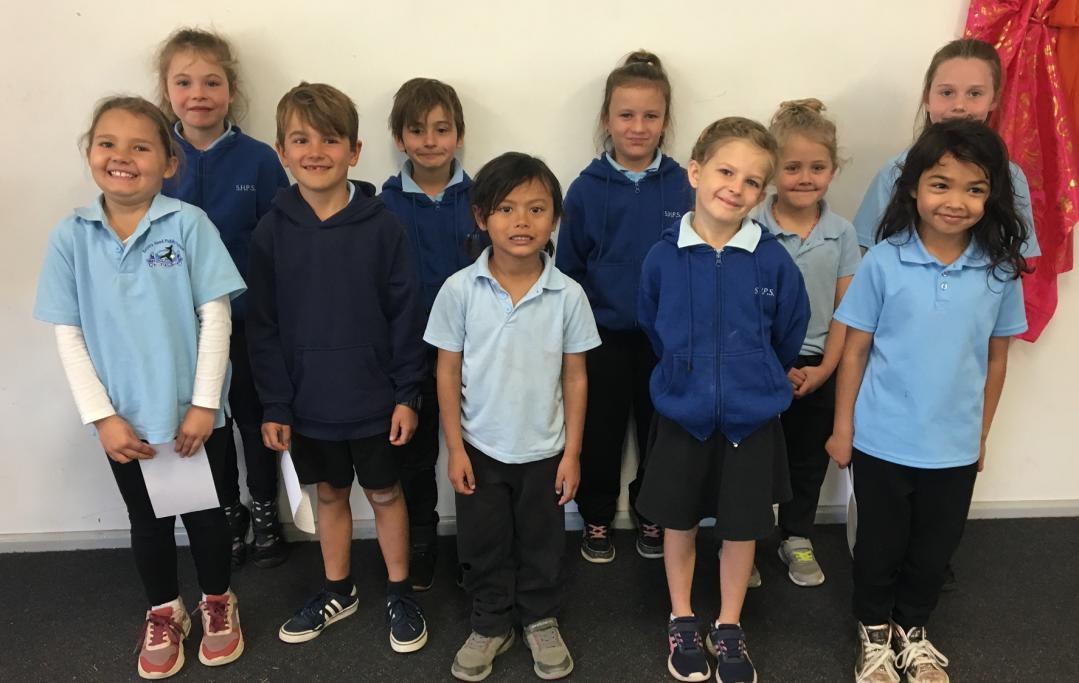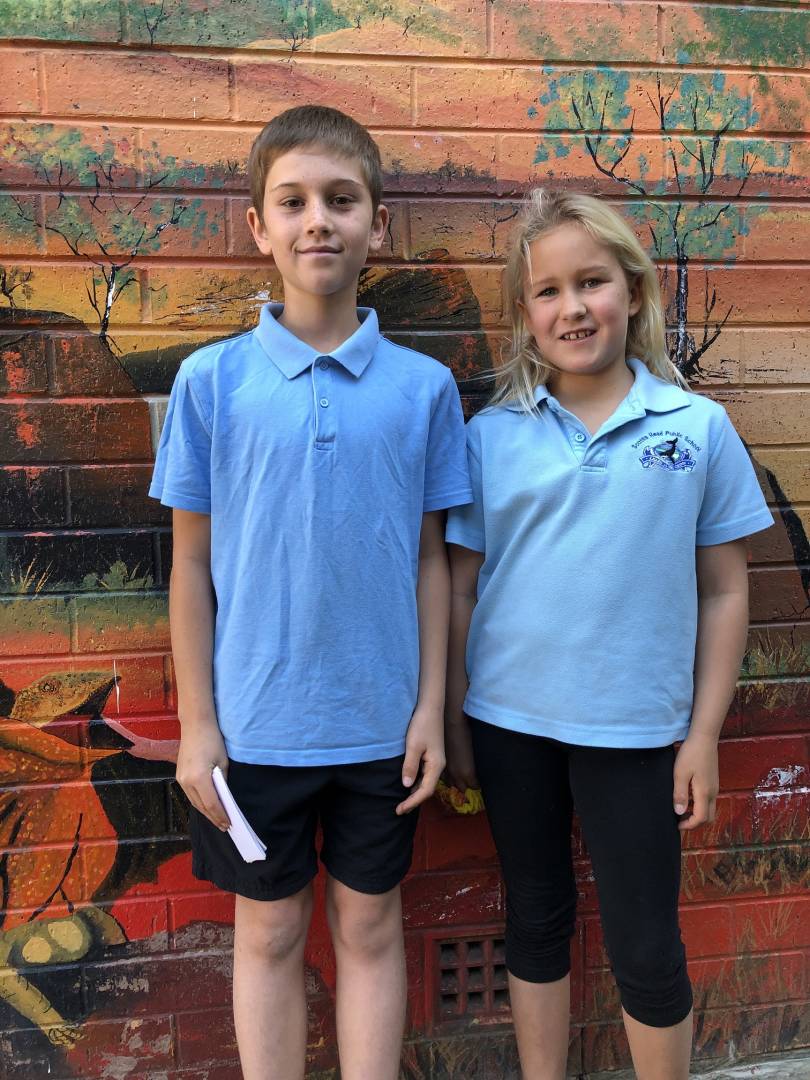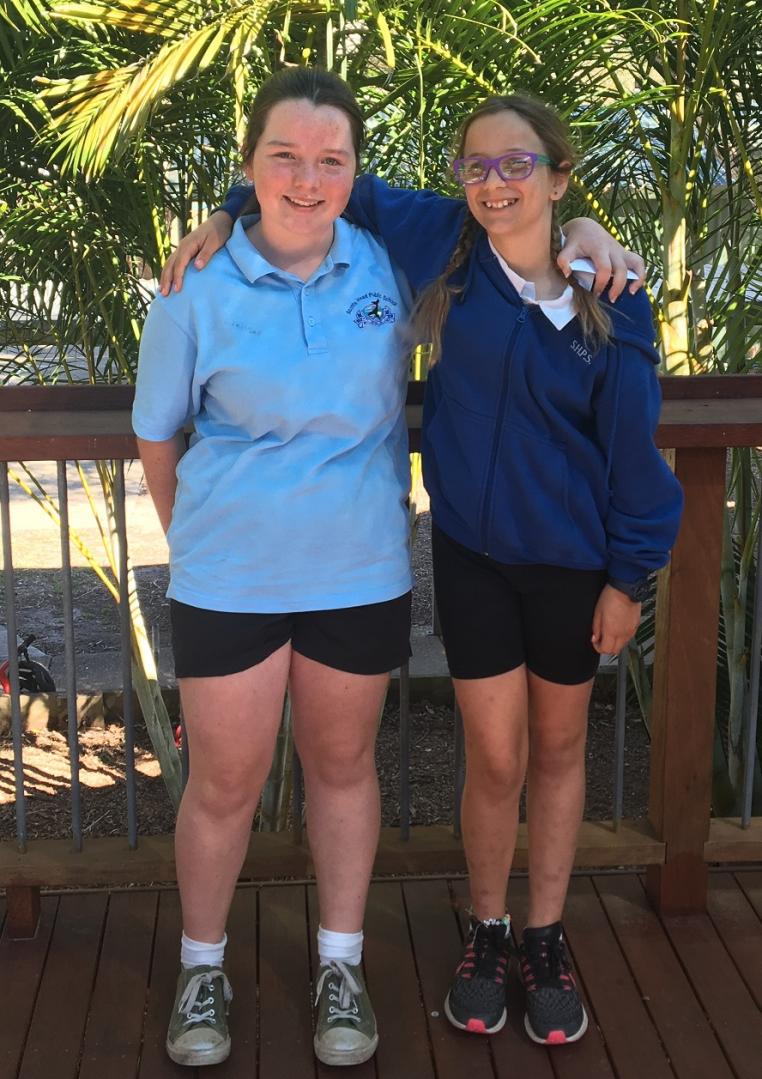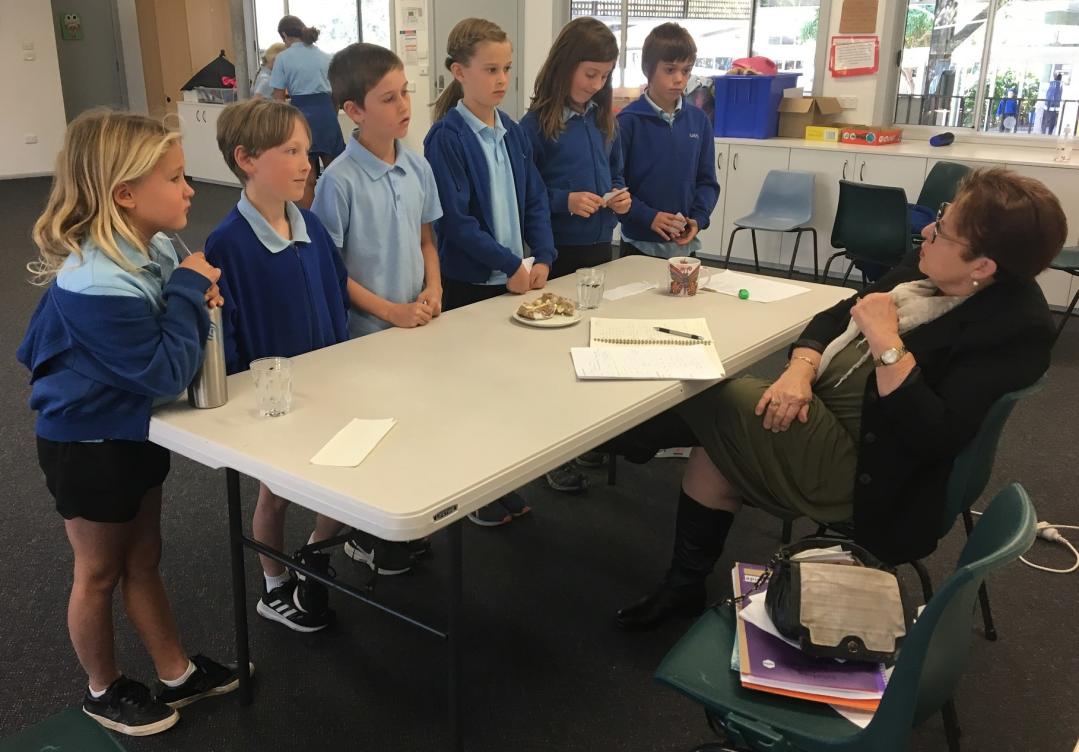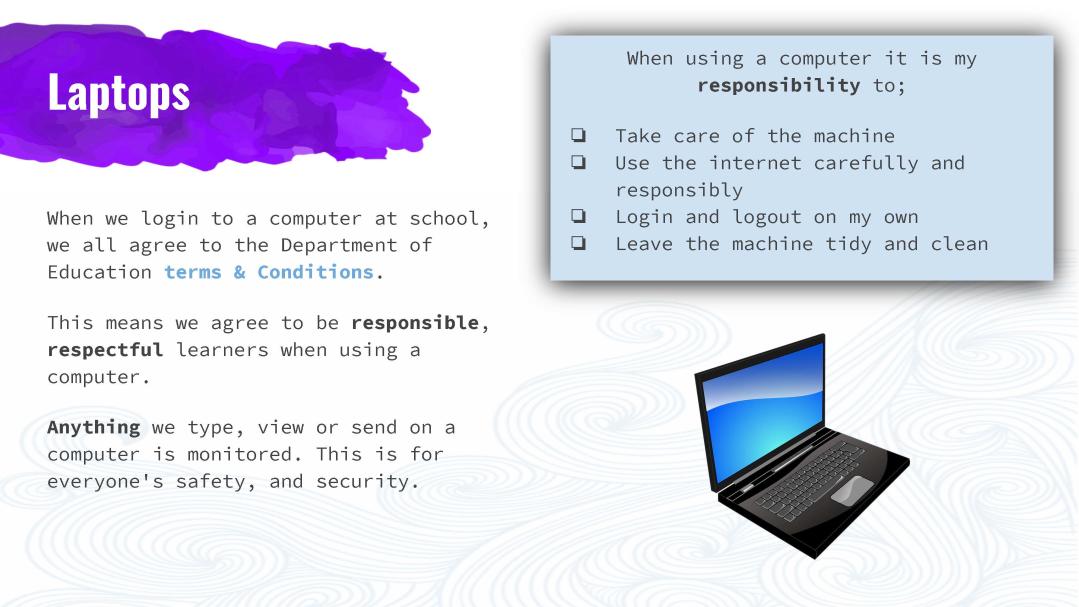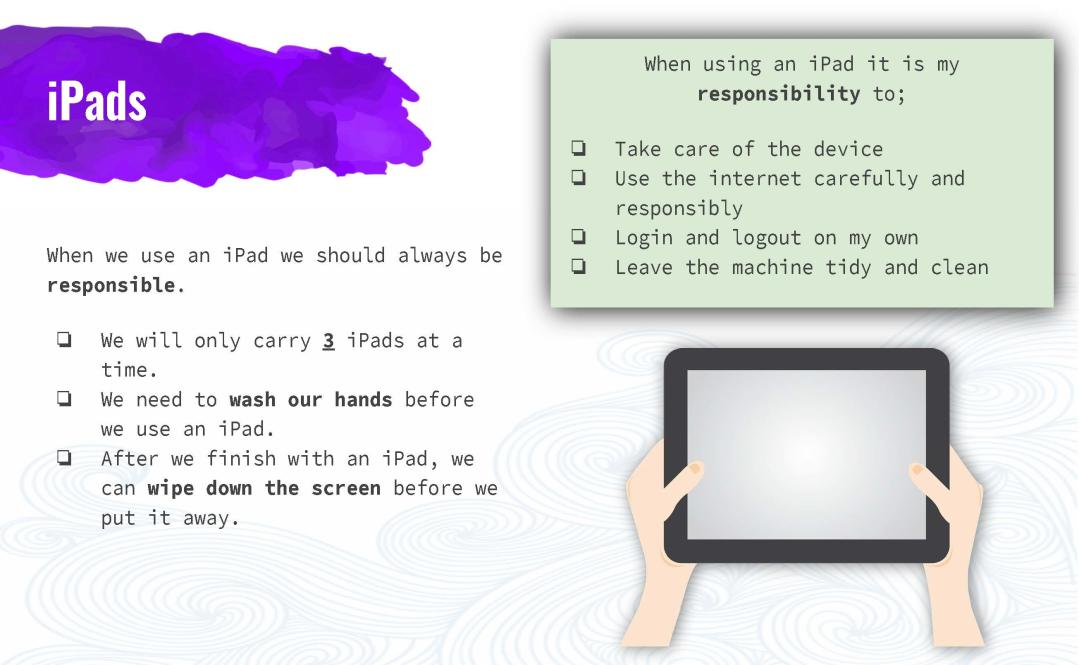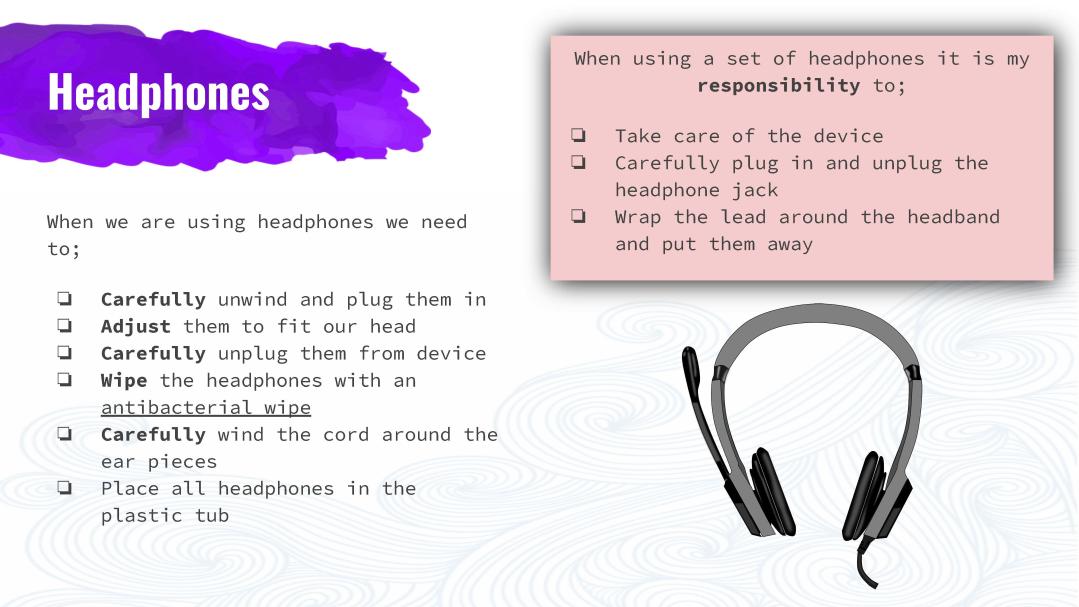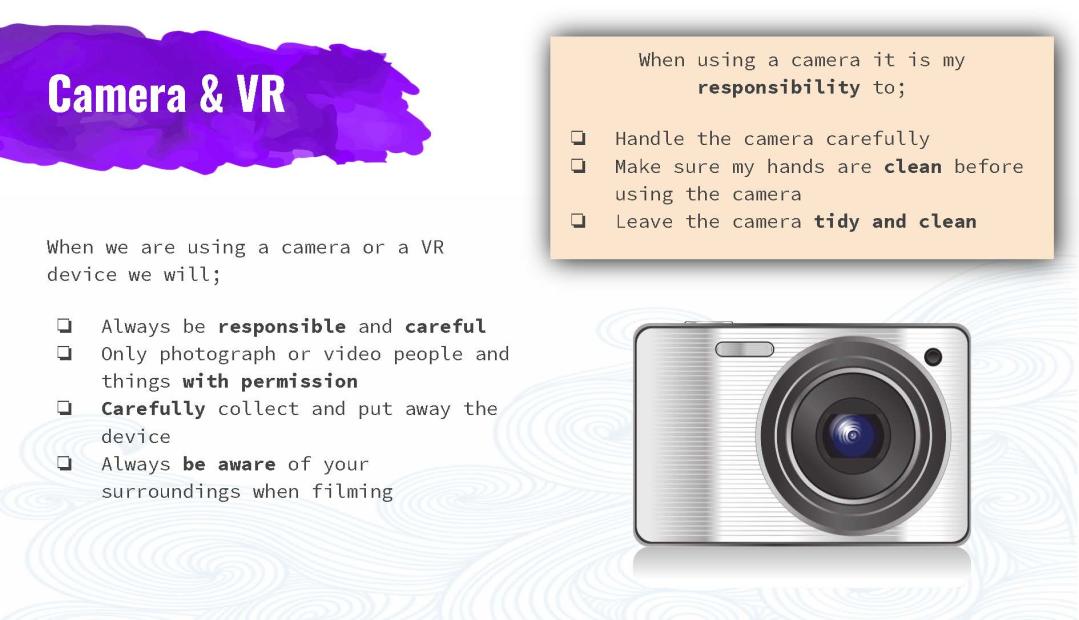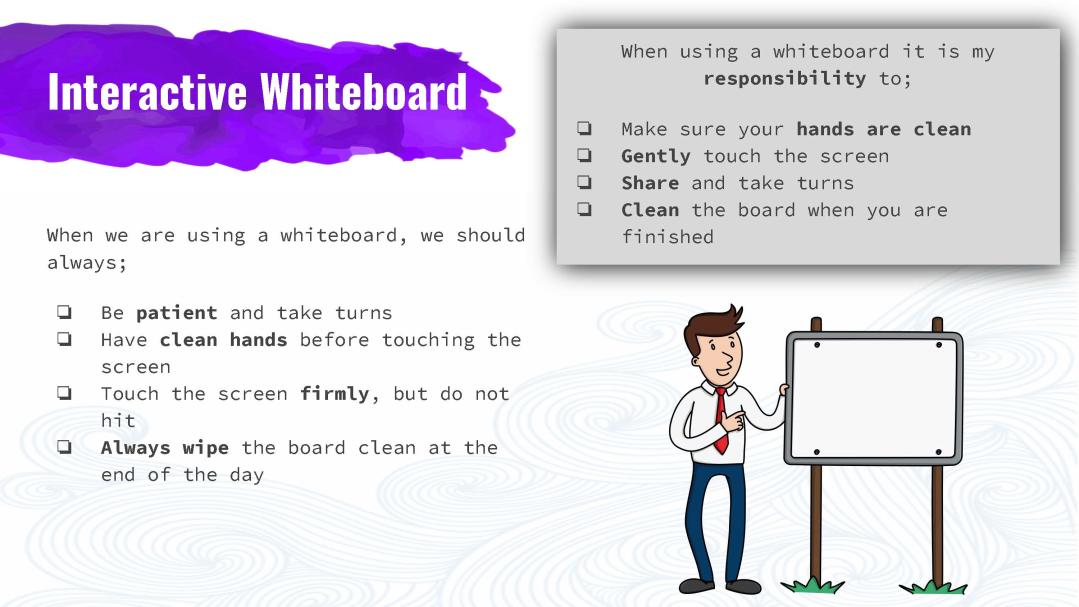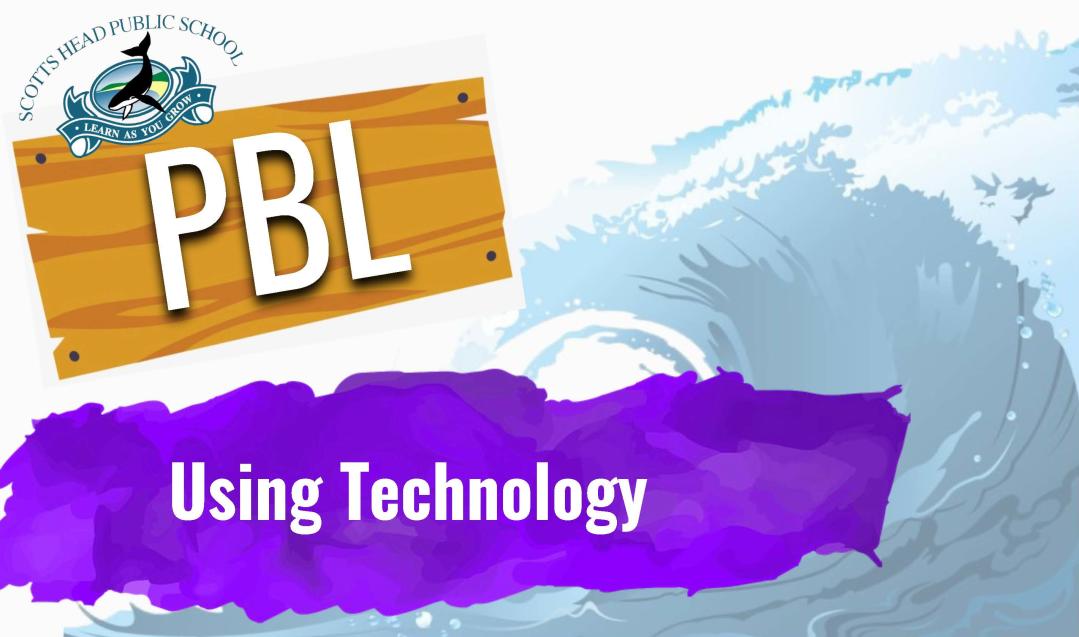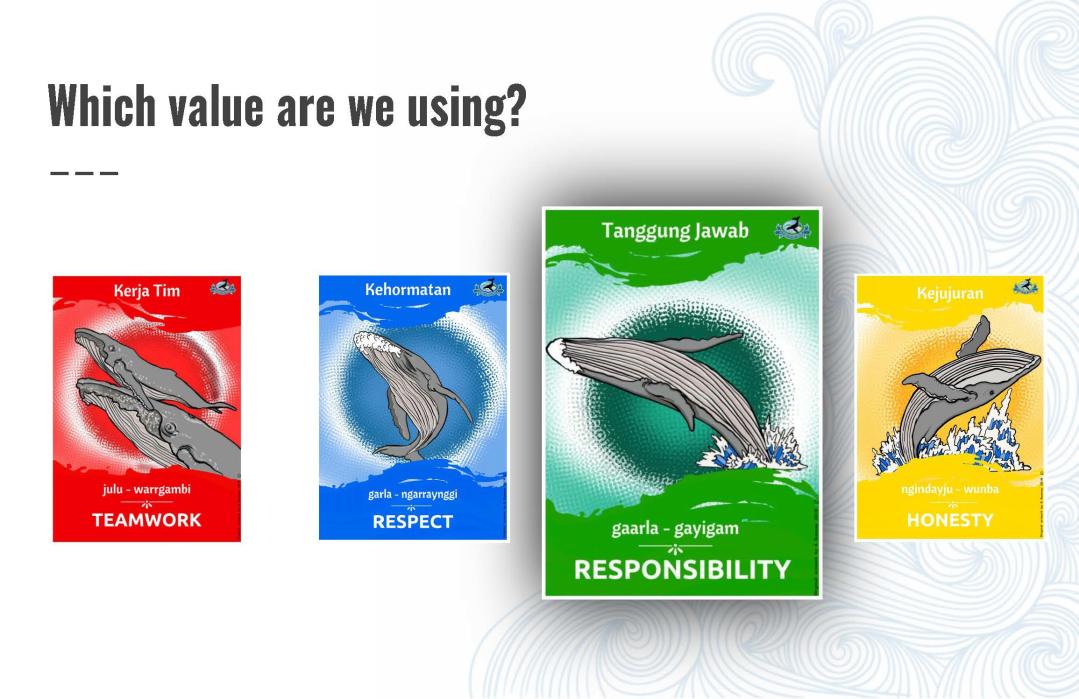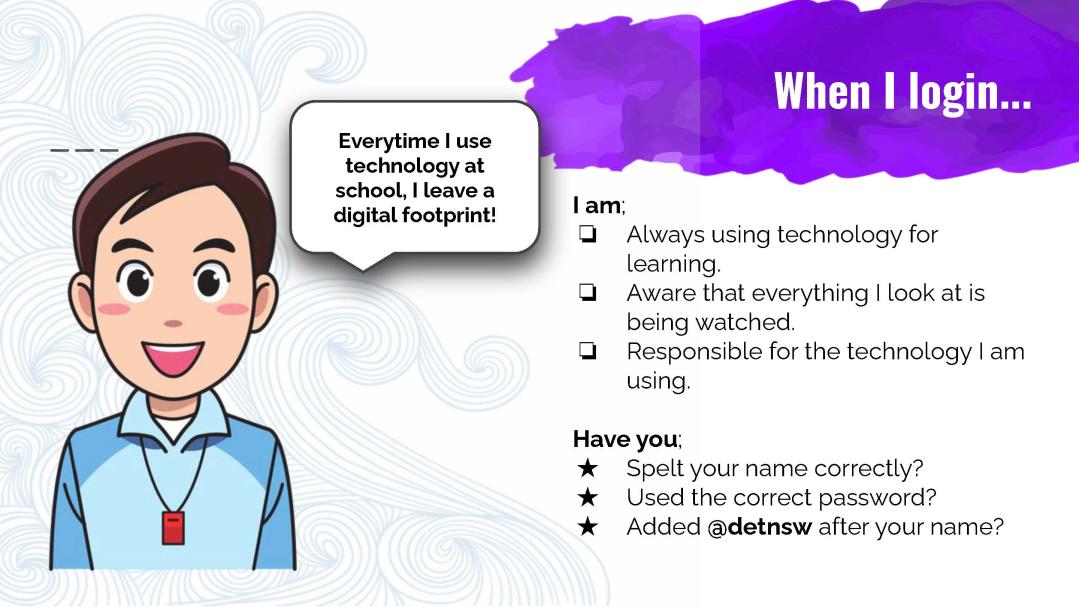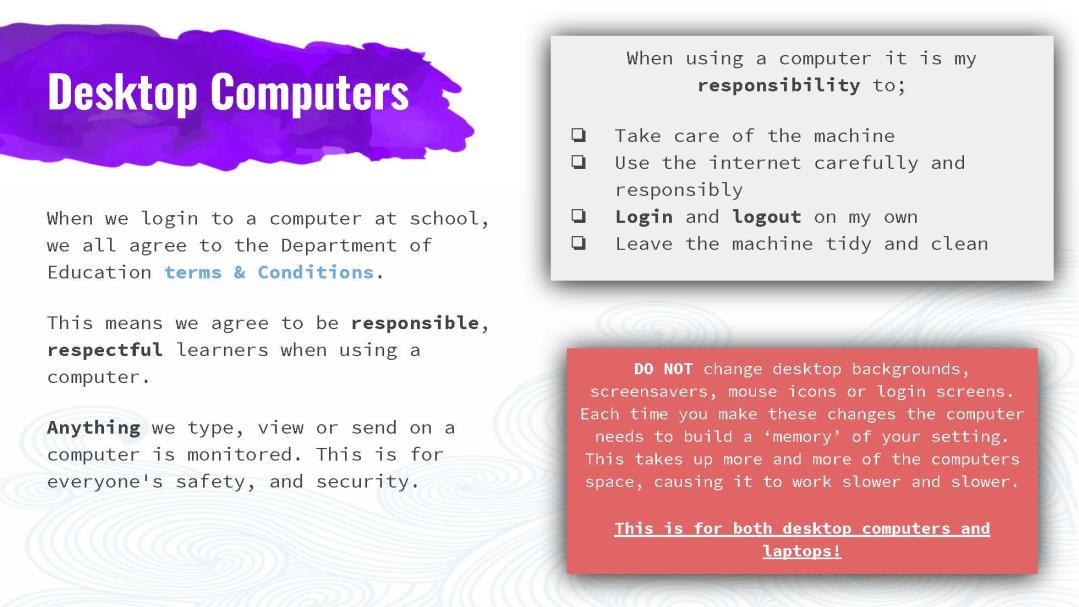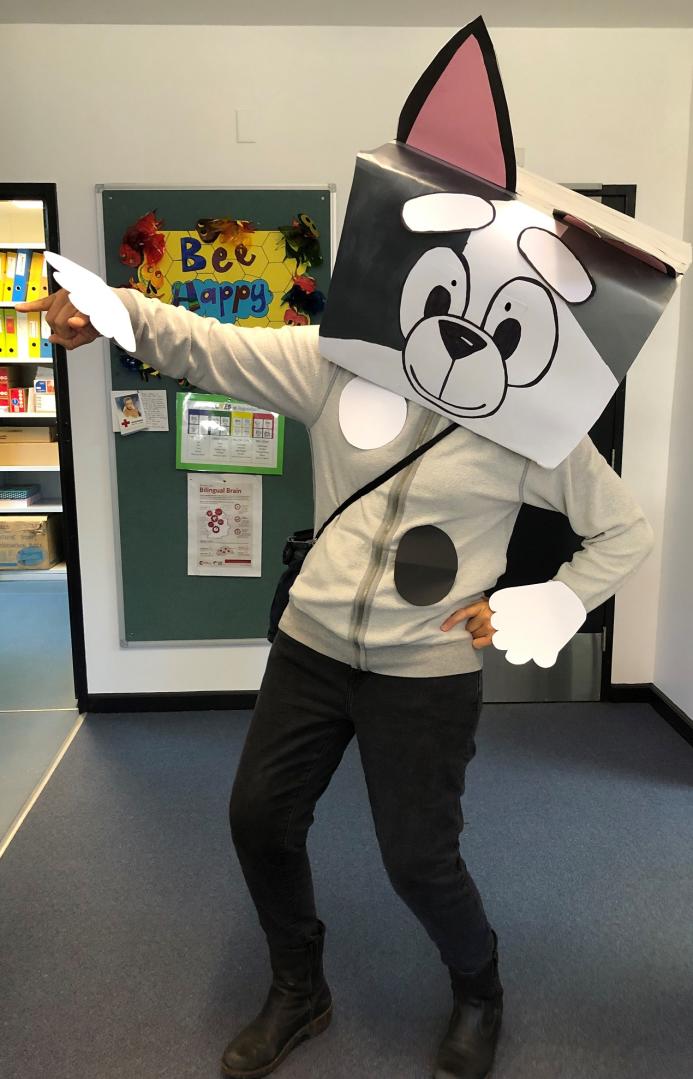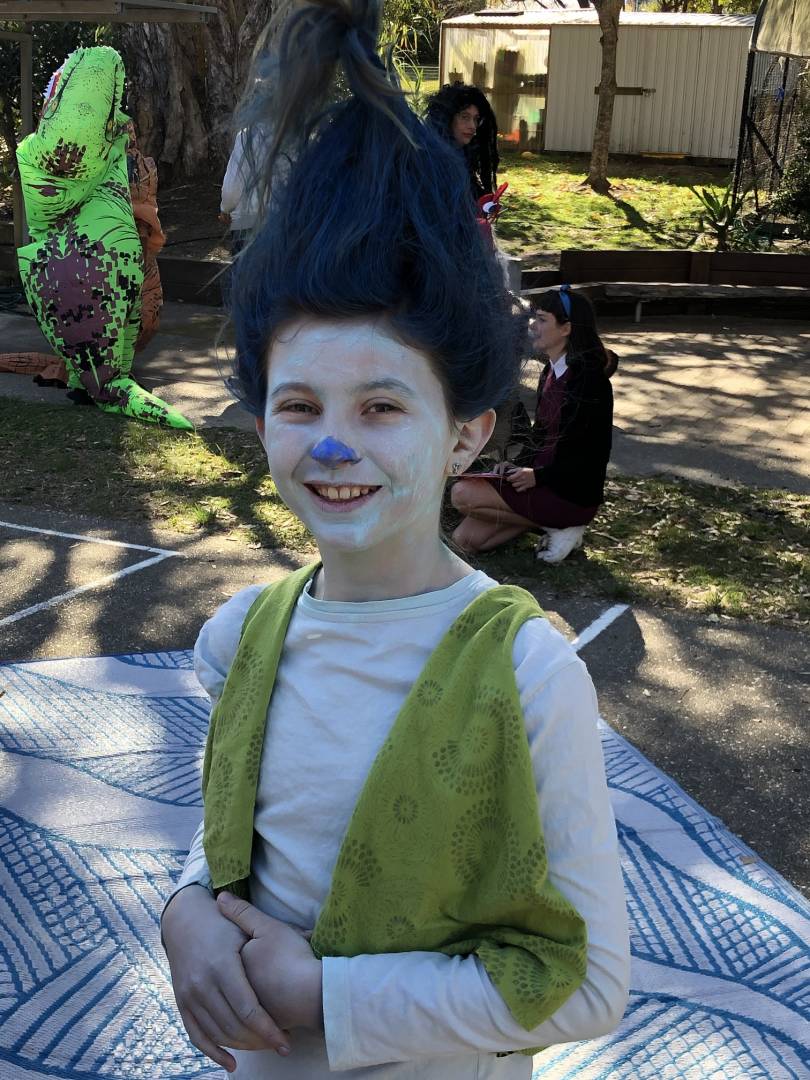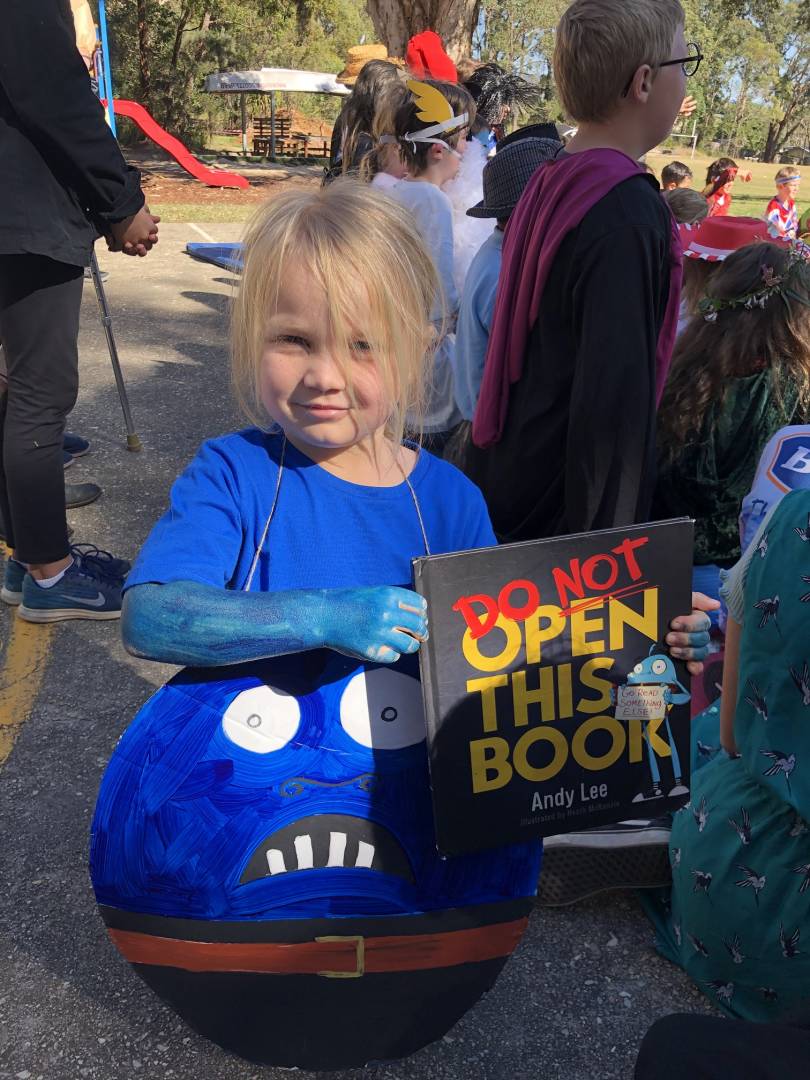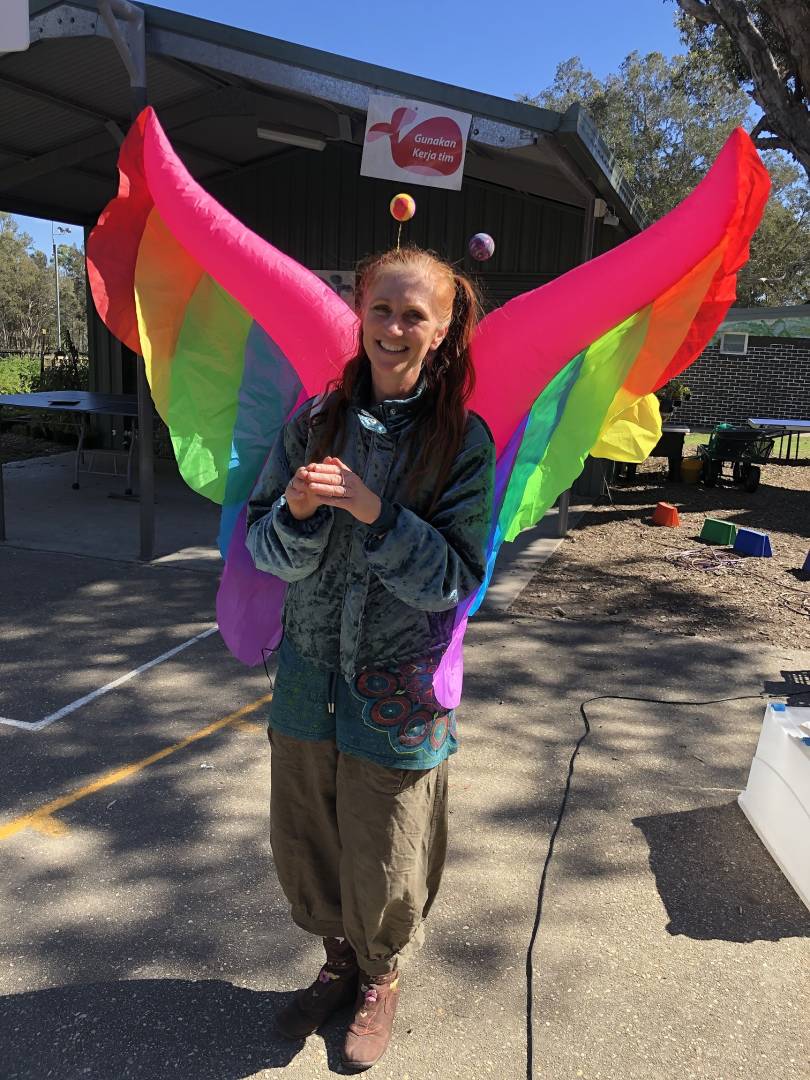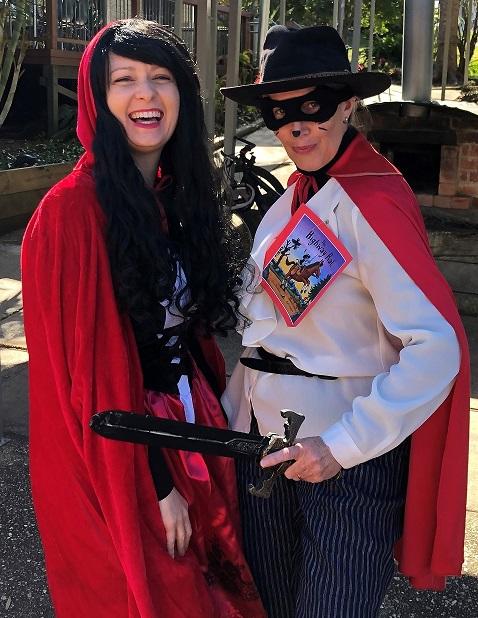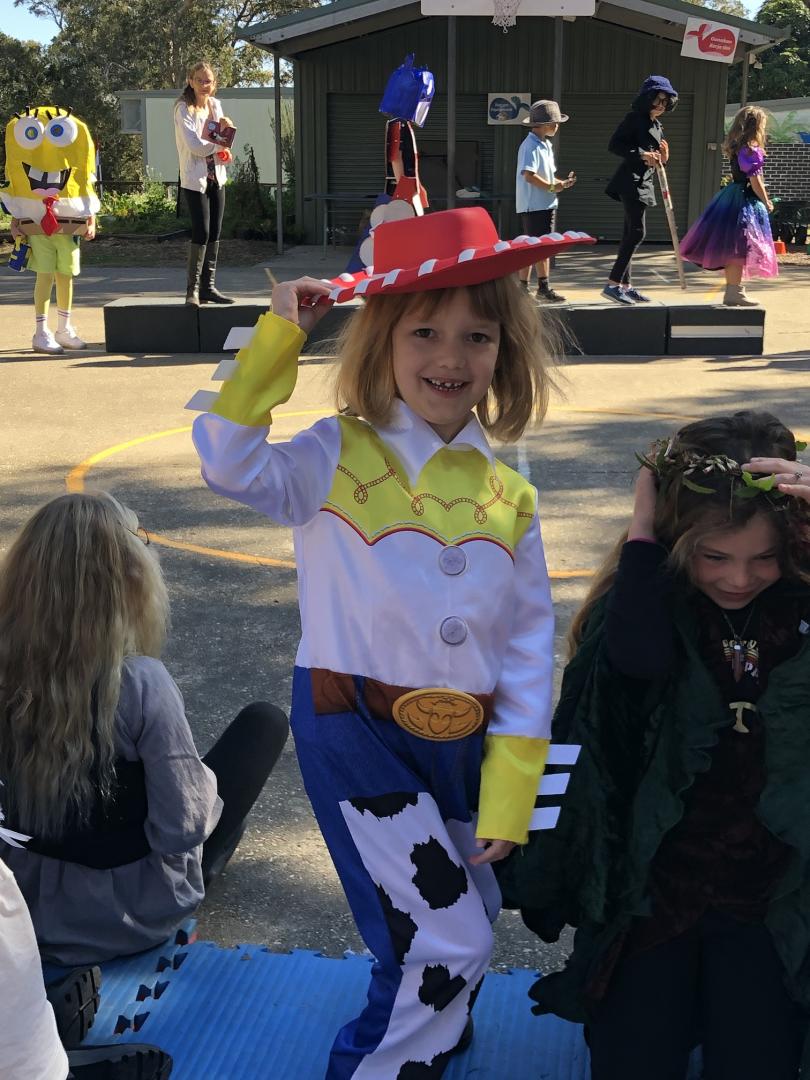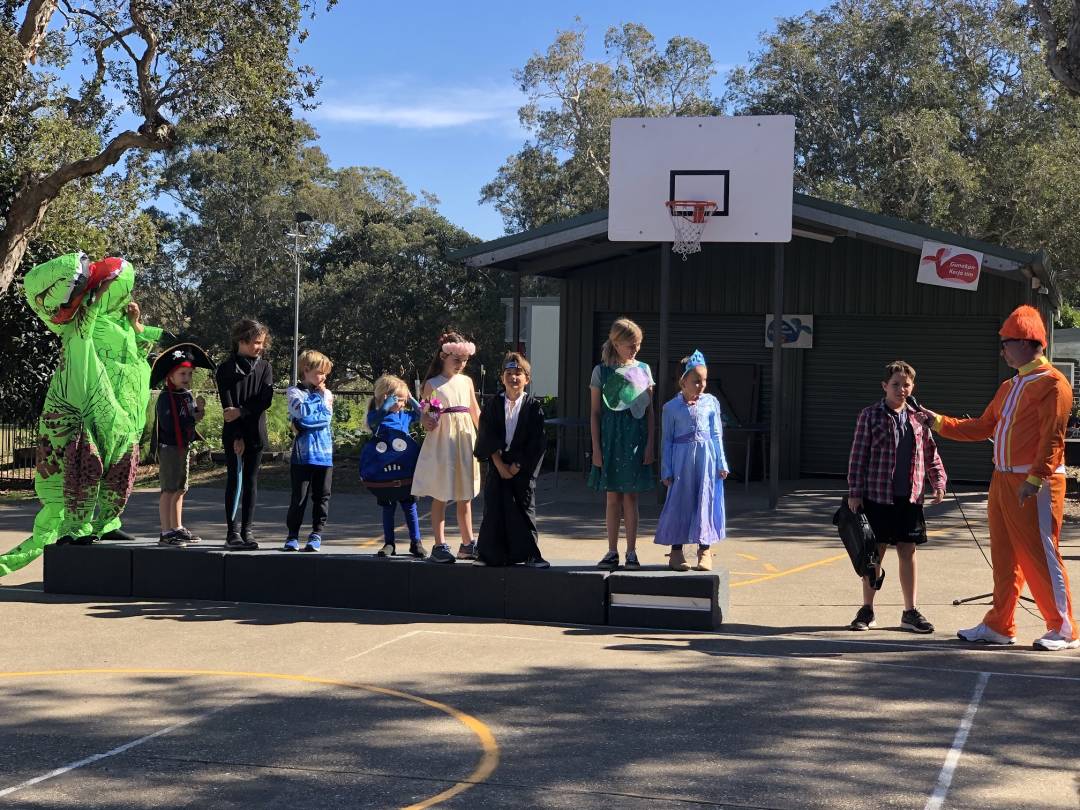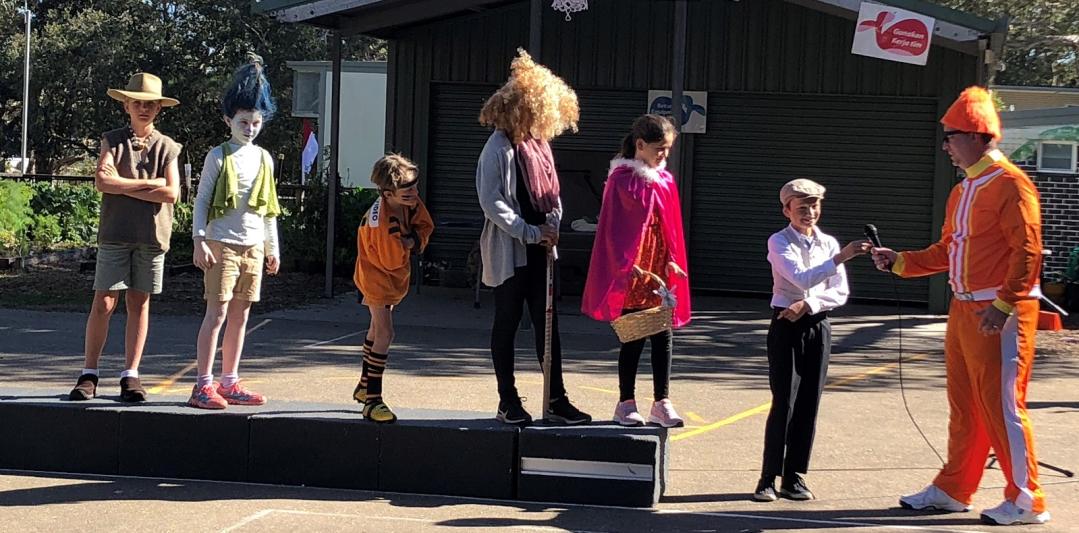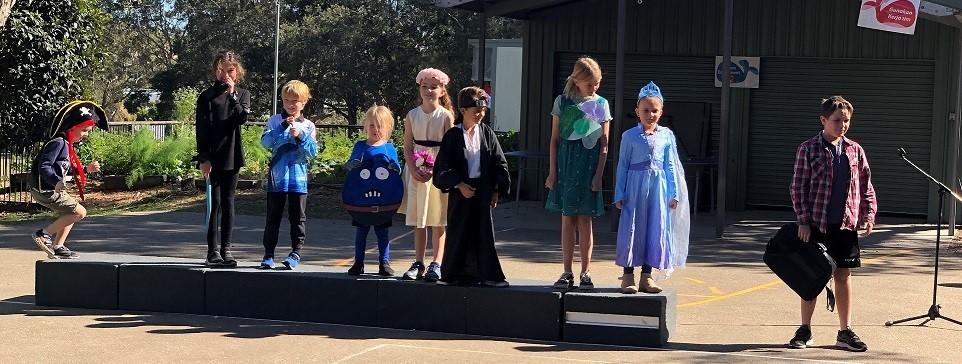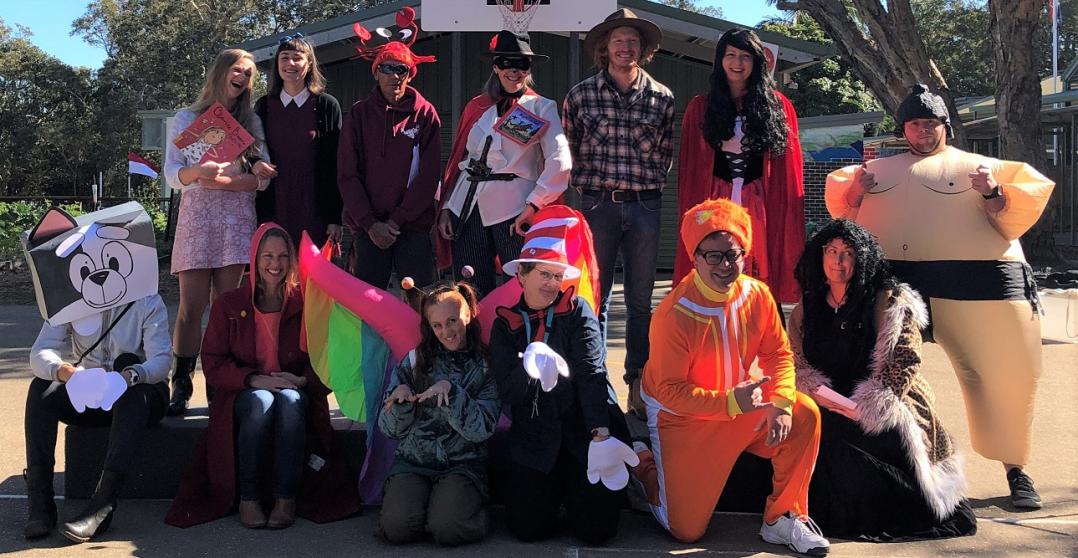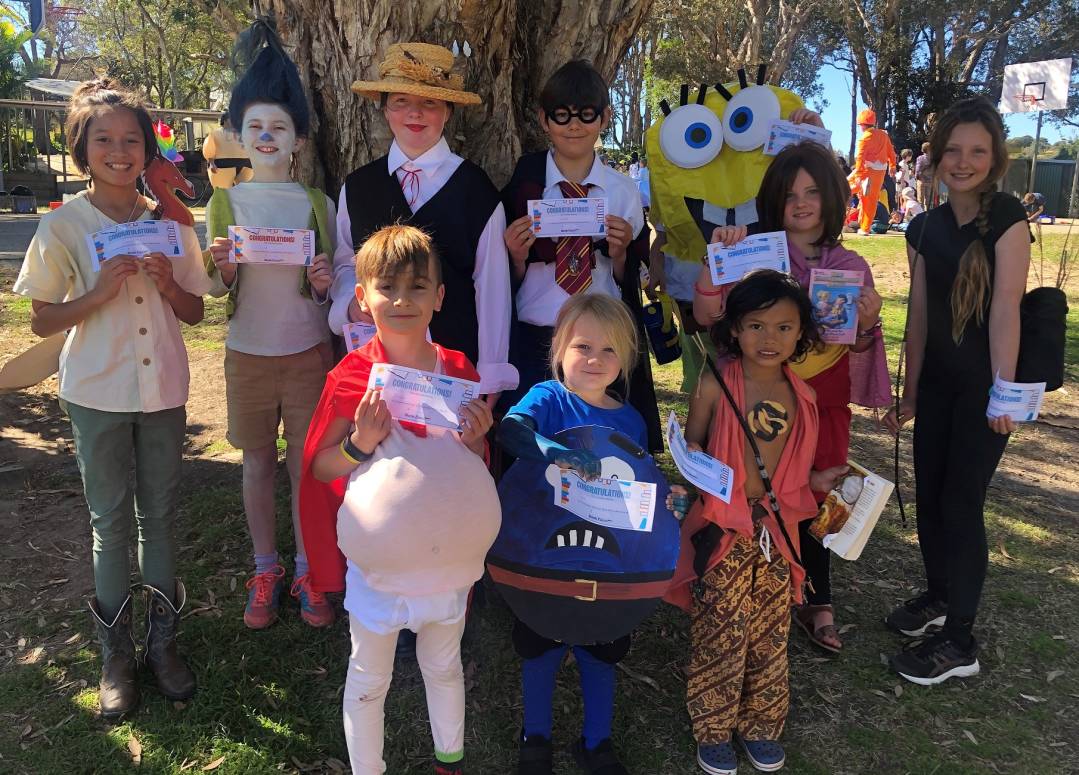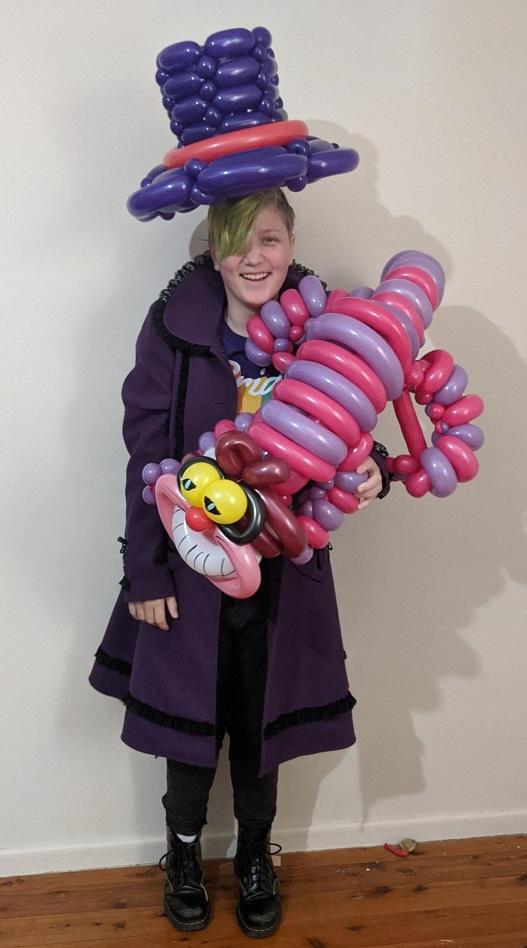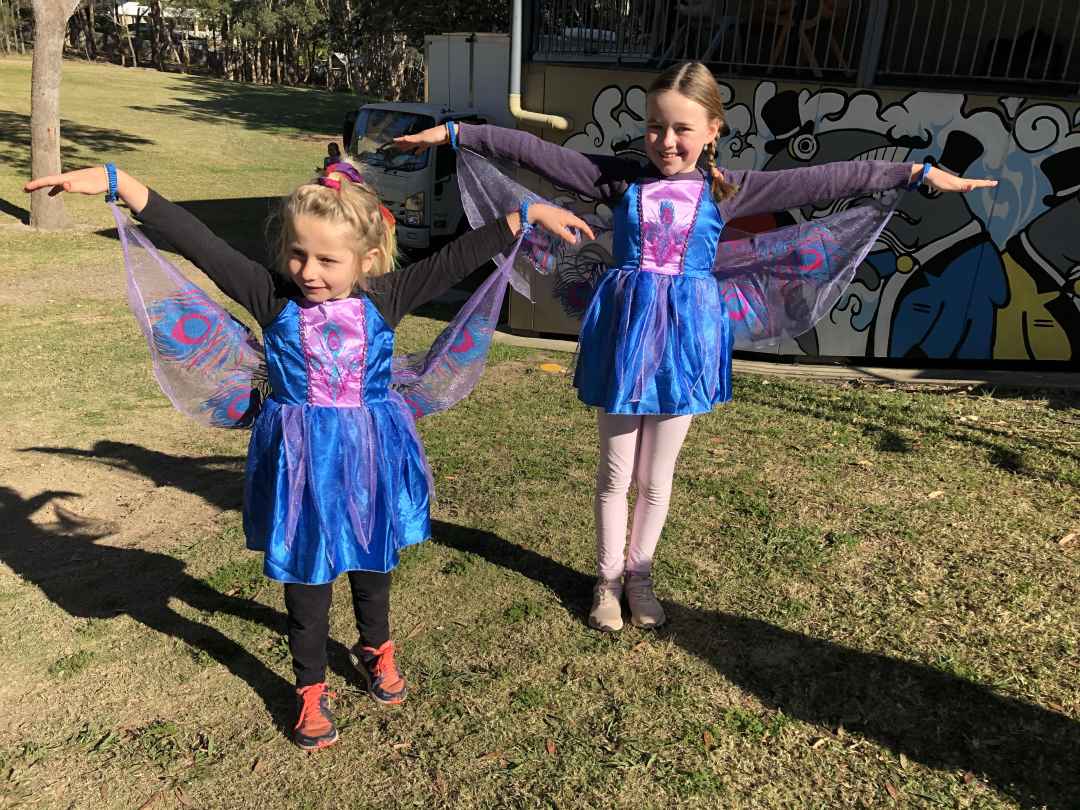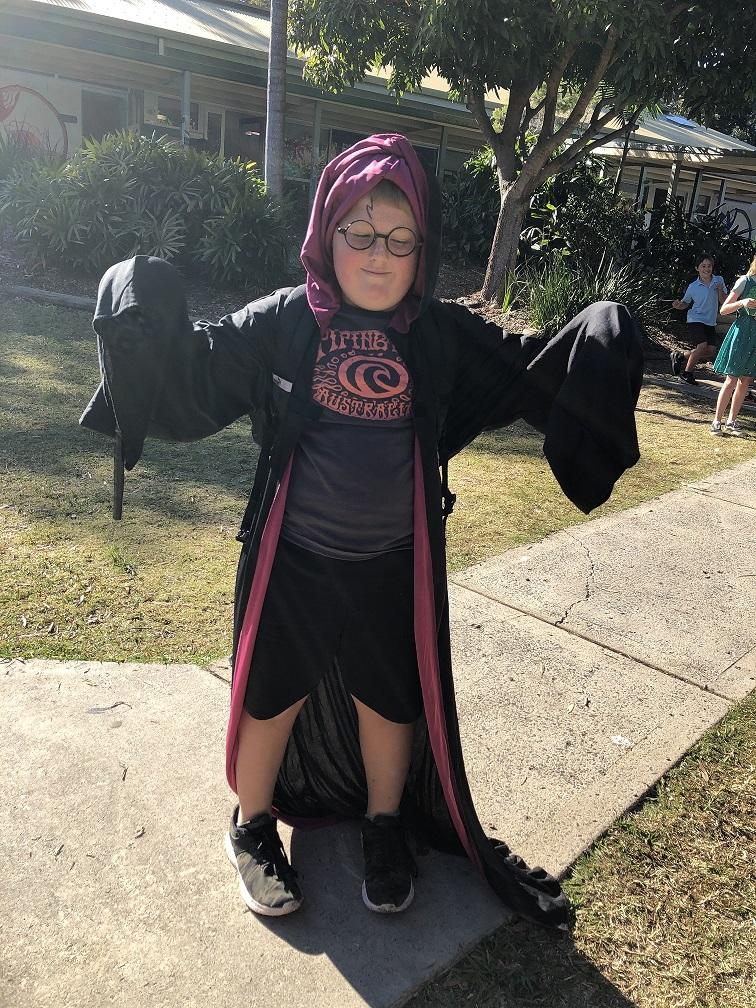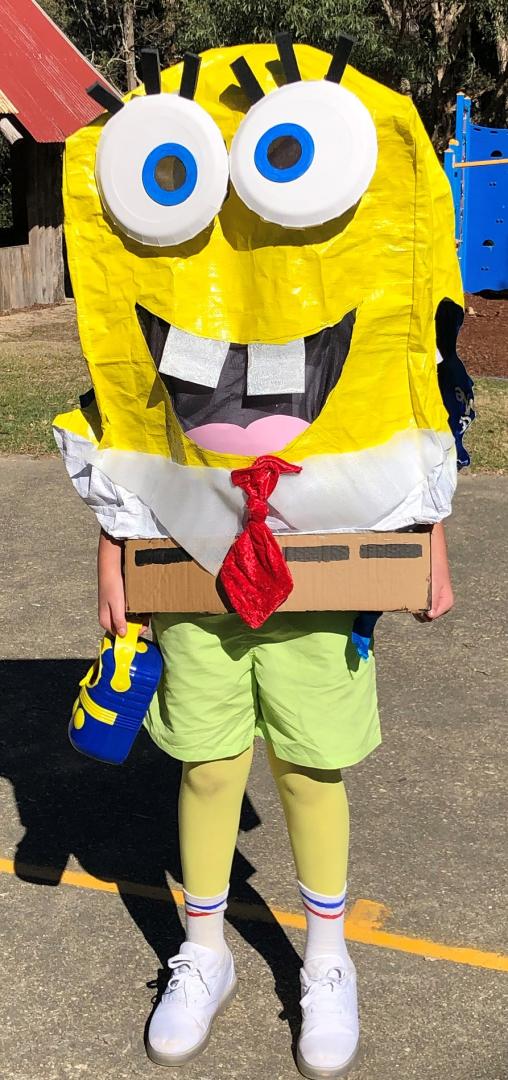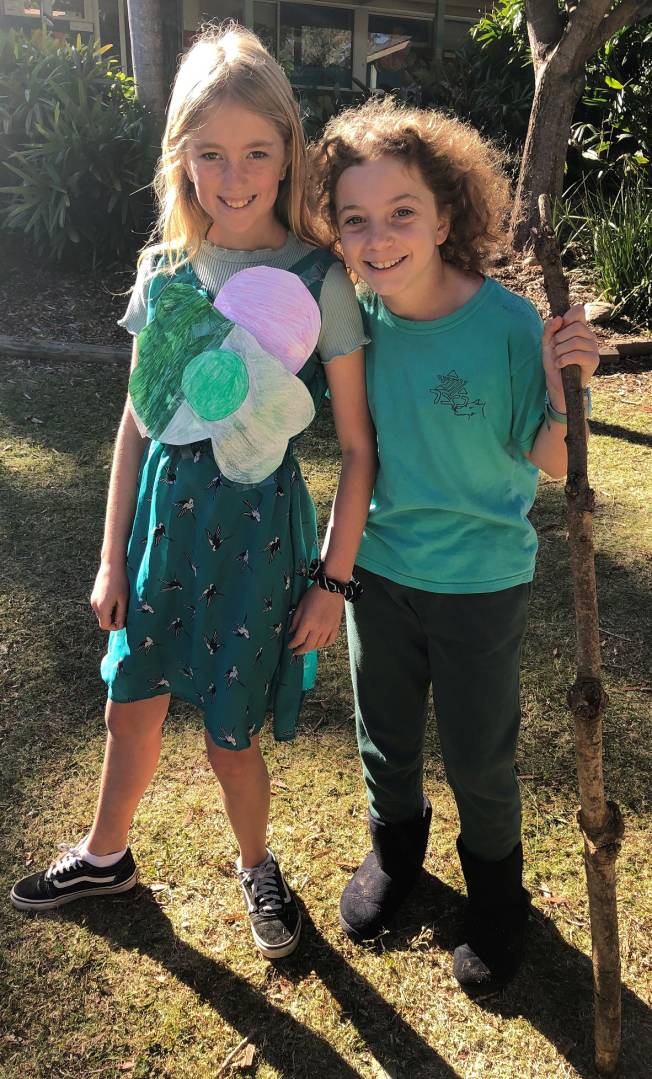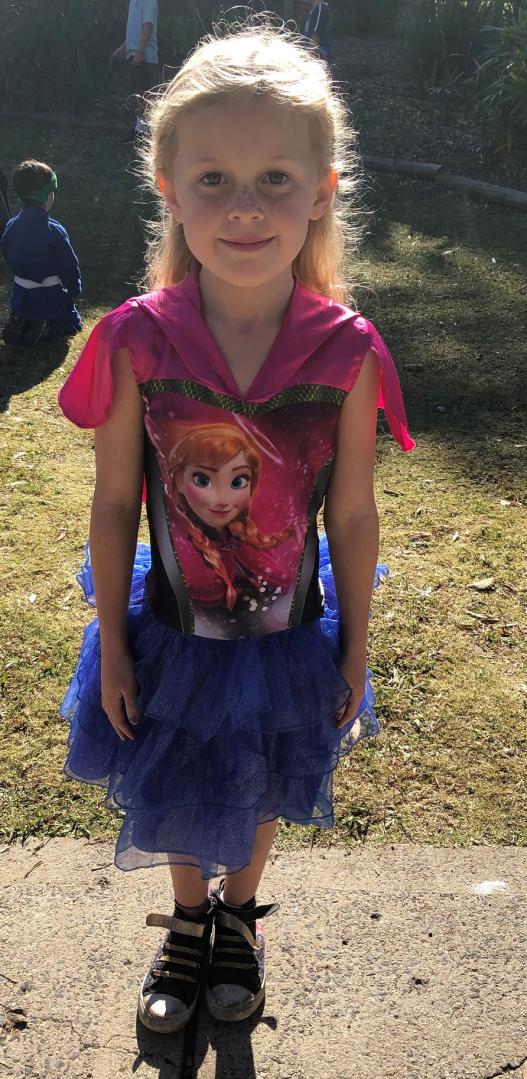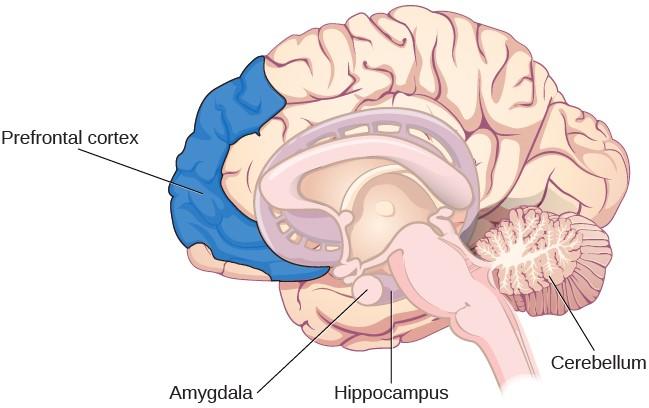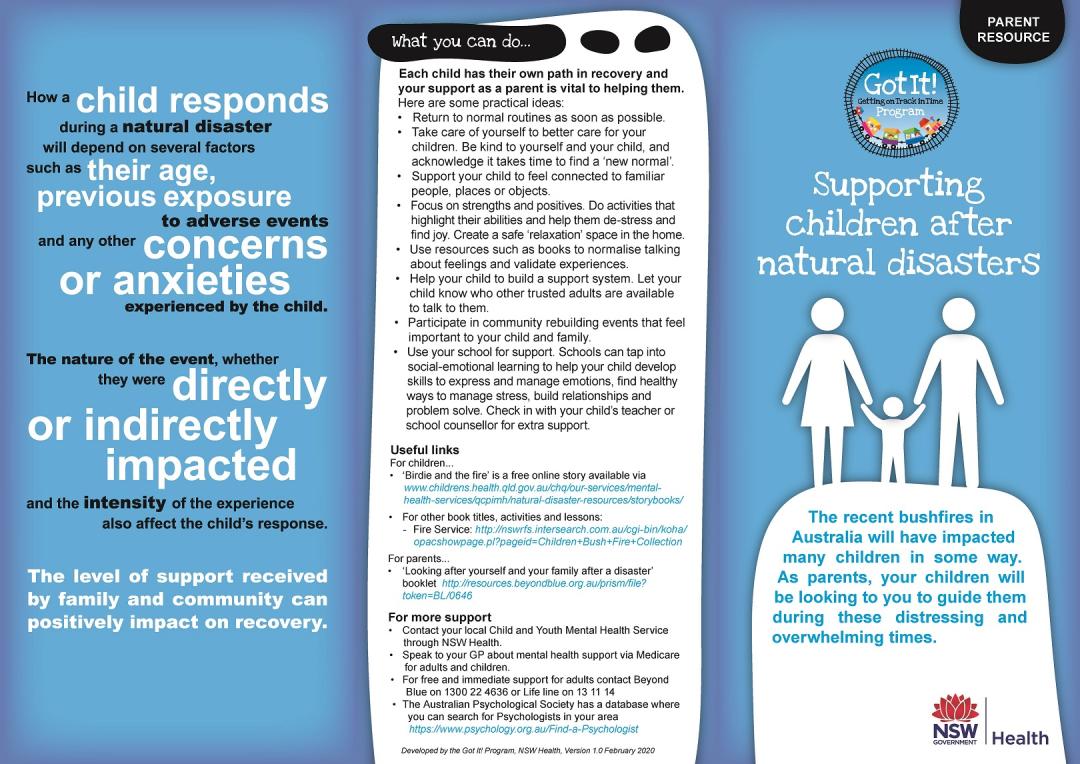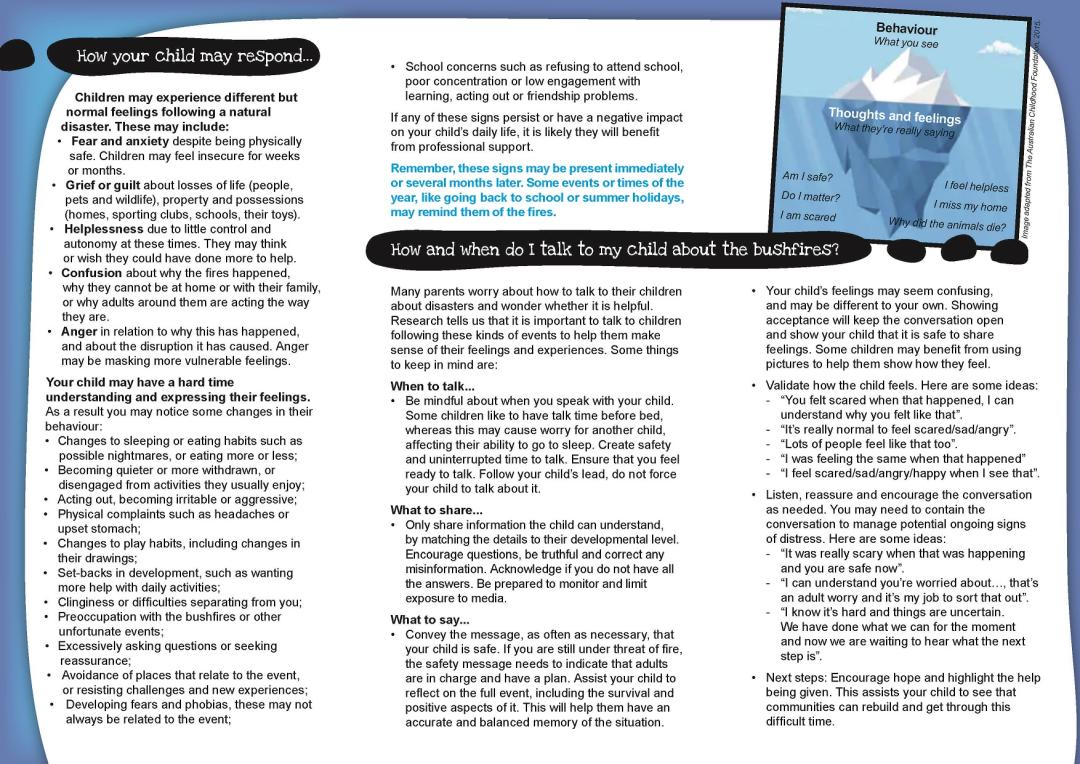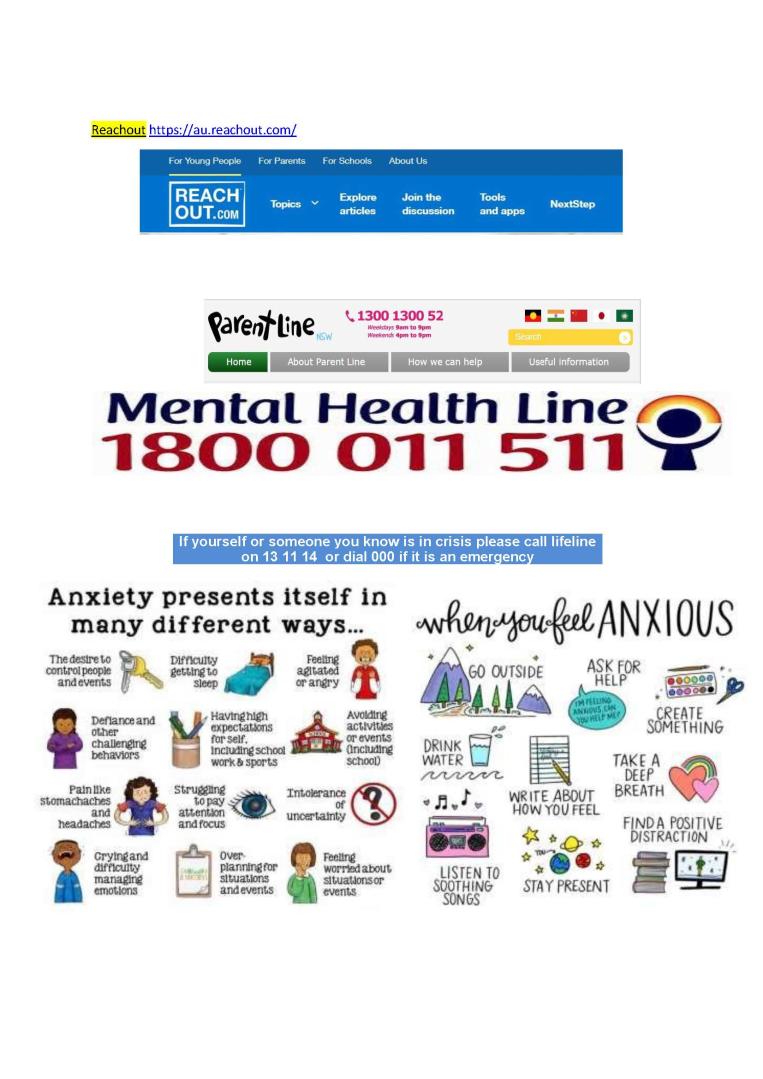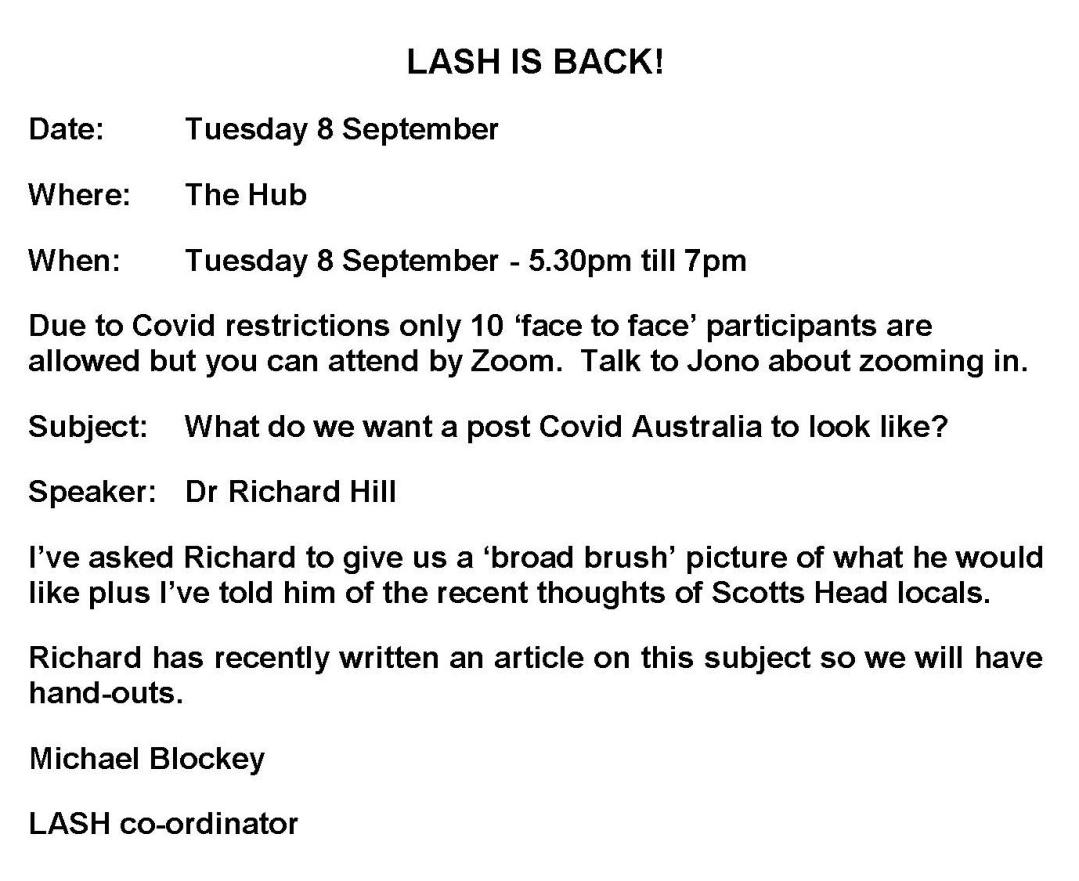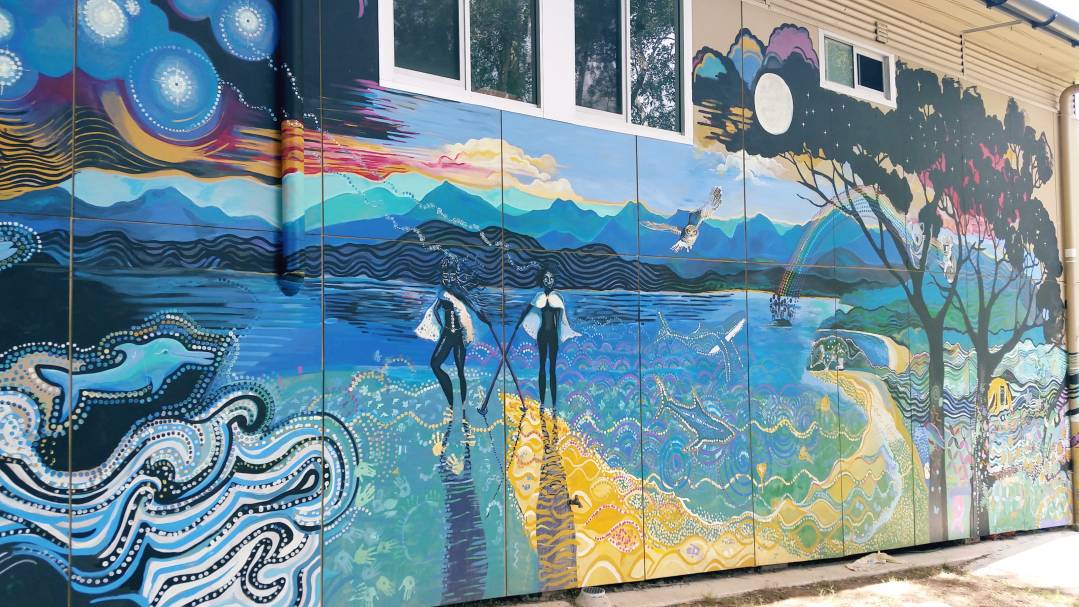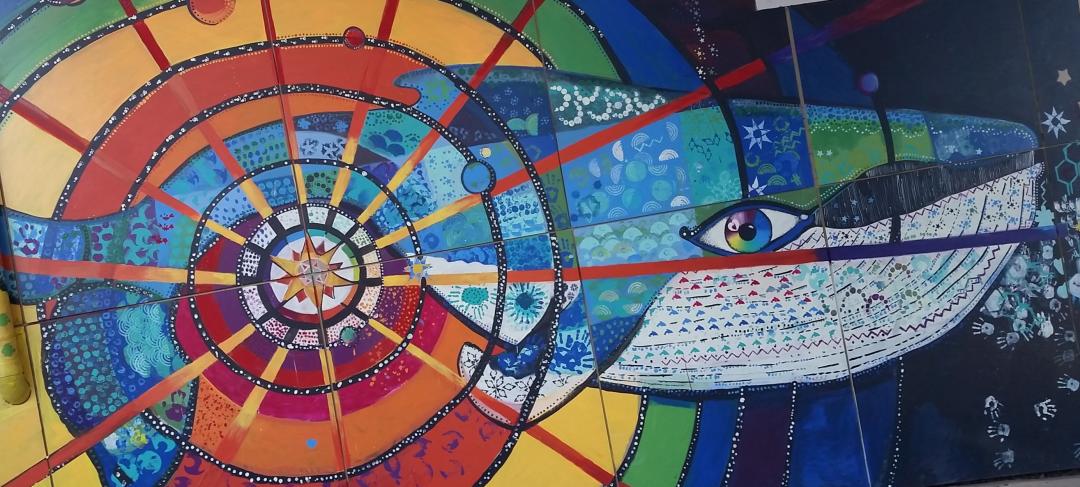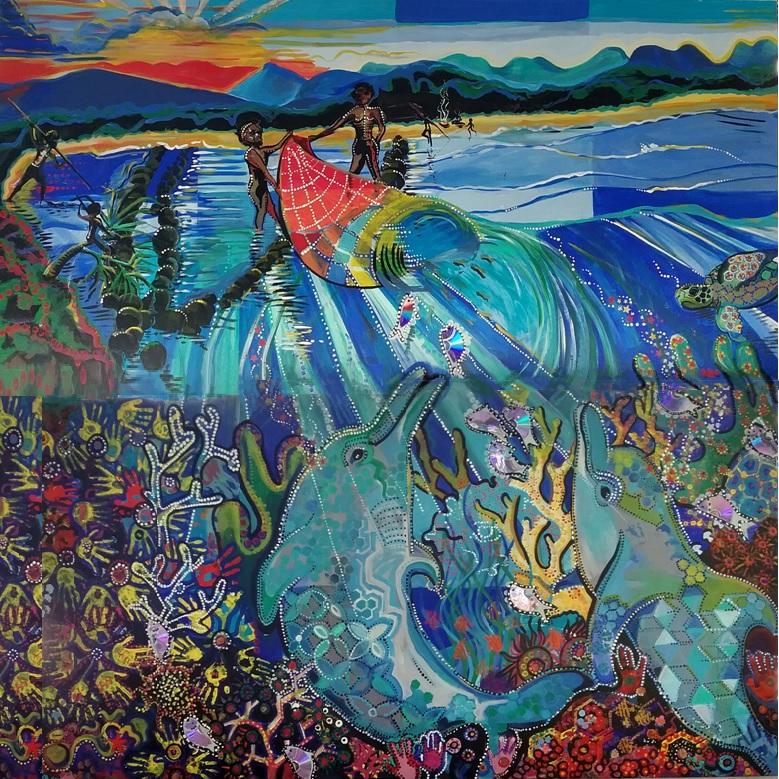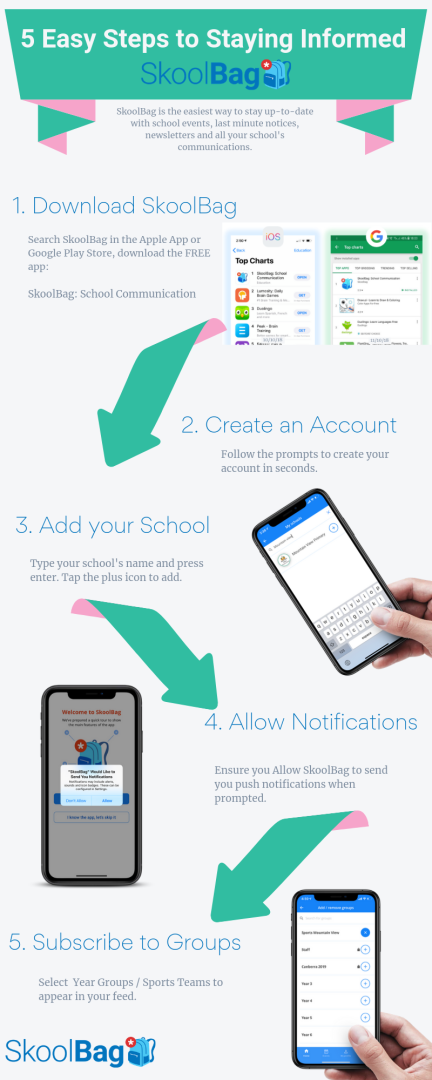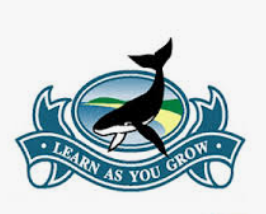Hello, Giinagay, Hai
Last week was full of lots of colour and laughs. Well done to everyone for their fantastic costumes. See the gallery below for photos of students and staff from the Book Fair day.
A reminder to parents school photos are being taken on Thursday. Students should be in full school uniform. Order forms can be returned up to the day. Please see the office for an order form, if required.
Student success in language learning, English literacy and content outcomes.
Scotts Head Public School is involved with and invested in the development of International Relations between Australia and Indonesia. As the one and only Bilingual Indonesian School in New South Wales part of our mission statement is to further people to people relations with intercultural understanding. The latest research which the school has been involved in has been published in a journal.
Dispelling the monolingual myth: exploring literacy outcomes in Australian bilingual programmes.
Ruth Fielding and Lesley Harbon, Faculty of Education, Monash University, Melbourne, Australia and the University of Technology Sydney, Sydney, Australia.
The abstract states….
The enduring monolingual mindset in English-speaking countries results in widespread belief that additional language learning takes time away from literacy in the societal language. Yet, extensive research has shown that time spent learning additional languages enhances learners’ literacy skills, providing first language literacy is sufficiently supported. This paper examines the achievements of students at four primary schools in Australia, where bilingual programmes were implemented to teach subject content through an additional language.
Data from the national standardised literacy and numeracy assessment were gathered to compare students within the bilingual programmes with those not in the bilingual programmes. Results show higher performance for students in the bilingual programmes compared to their peers in monolingual classes. Drawing on data from a broader study of formal and informal assessment in these schools, this paper presents the standardised test results and teacher qualitative beliefs about literacy development.
Findings show that the bilingual style of learning suits children irrespective of many contextual factors and that children’s literacy in English is enhanced by the addition of a second or subsequent language.
Further information by the same researchers is in a link
Good news for our students!
Thanks, yaarri yaraang, terima kasih.
Bu Gillian
Gillian Stuart - Principal
